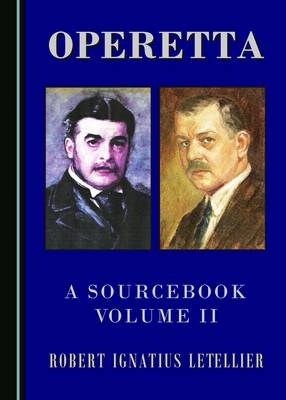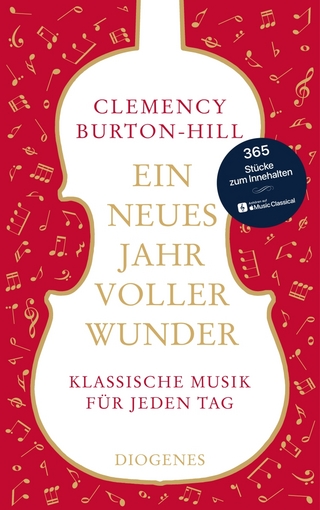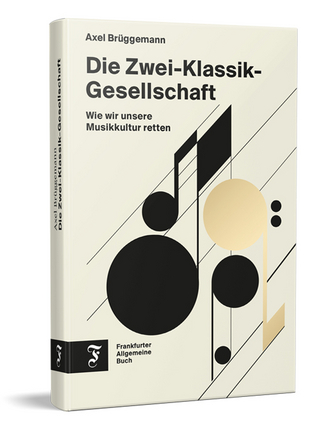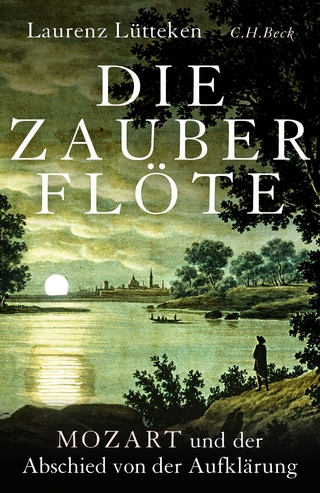Operetta developed in the second half of the 19th century from the French opéra-comique and the more lighthearted German Singspiel. As the century progressed, the serious concerns of mainstream opera were sustained and intensified, leaving a gap between opéra-comique and vaudeville that necessitated a new type of stage work. Jacques Offenbach, son of a Cologne synagogue cantor, established himself in Paris with his series of opéras-bouffes. The popular success of this individual new form of entertainment light, humorous, satirical and also sentimental led to the emergence of operetta as a separate genre, an art form with its own special flavour and concerns, and no longer simply a "little opera". Attempts to emulate Offenbach's success in France and abroad generated other national schools of operetta and helped to establish the genre internationally, in Spain, in England, and especially in Austria Hungary. Here it inspired works by Franz von Suppé and Johann Strauss II (the Golden Age), and later Franz Lehár and Emmerich Kálmán (the Silver Age). Viennese operetta flourished conterminously with the Habsburg Empire and the mystique of Vienna, but, after the First World War, an artistically vibrant Berlin assumed this leading position (with Paul Lincke, Leon Jessel and Edouard Künnecke). As popular musical tastes diverged more and more during the interwar years, with the advent of new influences—like those of cabaret, the revue, jazz, modern dance music and the cinema, as well as changing social mores—the operetta genre took on new guises. This was especially manifested in the musical comedy of London's West End and New York's Broadway, with their imitators generating a success that opened a new golden age for the reinvented genre, especially after the Second World War.This source book presents an overview of the operetta genre in all its forms. The second volume provides a survey of the national schools of Germany, Spain, England, America, the Slavonic countries (especially Russia), Hungary, Italy and Greece. The principal composers are considered in chronological sequence, with biographical material and a list of stage works, selected synopses and some commentary. This volume also contains a discography and an index covering both volumes (general entries, singers and theatres).
Robert Ignatius Letellier was educated in Grahamstown, Cambridge, Salzburg, Rome and Jerusalem. He is a member of Trinity College, Cambridge, the Maryvale Institute in Birmingham, and the Institute of Continuing Education at Madingley Hall, Cambridge. His publications number over 90 items, including books and articles on the early and Romantic novel (particularly the Gothic novel and Sir Walter Scott), the Bible, and European culture. He has specialized in the Romantic opera, especially the work of Giacomo Meyerbeer, and has written on Daniel-François-Esprit Auber, the opéra-comique, Ludwig Minkus and the nineteenth-century ballet. He has also worked as a consultant for the BBC, the Royal Opera House, Naxos International and Marston Records.



